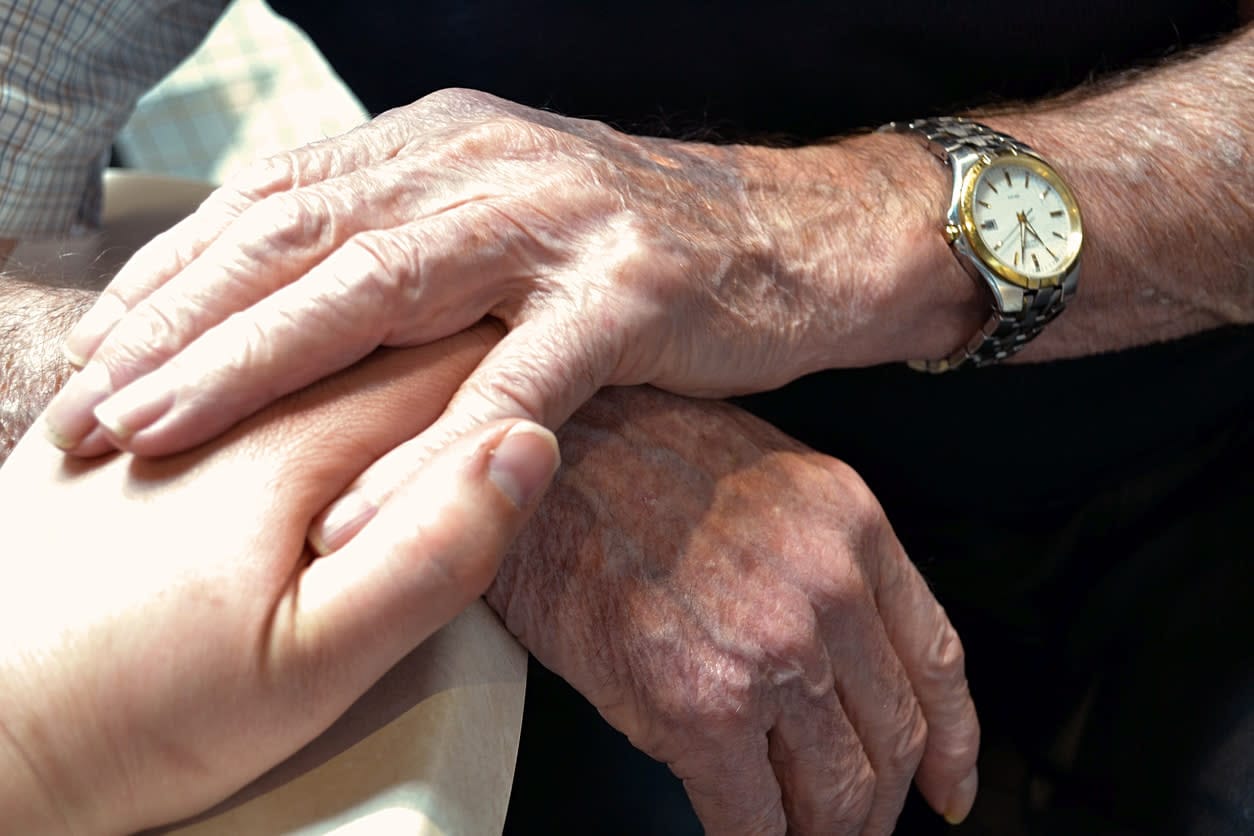
This week the Australian Senate will debate a private members’ bill that will consider whether to overturn the 21-year-old Euthanasia Laws Act that nullified the ability of Australian self-governing territories to pass legislation in relation to euthanasia and assisted suicide.
The deliberation on whether to continue the arbitrary over-riding of the territories’ legislative autonomy in this domain will inevitably also turn a spotlight on the judiciousness of Victoria’s recent voluntary assisted dying legislation that empowers terminally ill people who are residents of our state and who are experiencing unrelievable suffering, to end their lives on their own terms.
Standing firmly and resolutely against such legislation is Professor Margaret Somerville, from the University of Notre Dame, who was interestingly described in an article in the Sydney Morning Herald two days ago as having “spent decades observing euthanasia in Canada”, even though medically assisted dying only became legal in that country in 2016.
One of the concerns she has raised is the “slippery slope” to unethical assistance in dying. Currently, this might well be on people's minds because of the reports of the deaths of three minors during 2016-2017 as the result of euthanasia in Belgium, out of 4337 deaths during that period. The deaths of the under-18-year-olds occurred as a result of the removal of age limits on access to euthanasia in Belgium that took place as a result of legislation introduced in 2014, 12 years after the introduction of euthanasia for adults.

In contrast to Belgium (which is the only jurisdiction that places no age restrictions on euthanasia or assisted dying), the Victorian Parliament passed the Voluntary Assisted Dying Act in November last year, which limits voluntary assisted dying (VAD) to terminally ill people 18 years and older, who fulfil very strict criteria in relation to experiencing unrelievable suffering and possessing sufficient decision-making capabilities. They must be in the last six months of life, unless they're suffering from a neurodegenerative disease, in which case they must be in the last 12 months of life.
There are many reasons that both the Victorian Legislative Council’s Inquiry into end of life choices and the Ministerial Advisory Panel on Voluntary Assisted Dying recommended limiting VAD to adults, including the fact that the extensive consultations with the Victorian public led to the firm conclusion that, as stated in the inquiry’s final report: “Victorian values do not support allowing assisted dying to be provided to those who are yet to reach adulthood.”
The ministerial advisory panel also highlighted the need for people to have abstract reasoning abilities and other elements of complex decision-making capabilities that take time to mature. To those reasons, we could add the fact that children and younger teenagers may be predisposed to comply in their decision-making about medical matters with wishes expressed by doctors, parents and other authority figures.
When that decision-making involves irreversible and fatal consequences, it's entirely appropriate to take a conservative view, with the use of 18 being well-established as an upper boundary of childhood, as in Article 1 in the Convention of the Rights of the Child and as preferential to undertaking individualised testing for decision-making capabilities.
In this way, the minimum age requirement for voluntary assisted dying of 18 is the same proxy for determining capability as the minimum legal age requirements for driving, voting and purchasing alcohol.
It’s extremely unlikely that the minimum age requirement will be changed in relation to VAD in the foreseeable future.
First, the Victorian act is very closely aligned to the principles and practice associated with the Dying With Dignity Law that was introduced in Oregon 20 years ago – and very different to the euthanasia laws in Belgium and the Netherlands. Oregon’s medical aid in dying law has been rock-solid and hasn’t been liberalised. This is one of several pieces of evidence that led the RMIT ABC Fact Check to refute the claim by former prime minister Paul Keating that "the experience of overseas jurisdictions suggests the pressures for further liberalisation are irresistible", after closely examining physician-assisted suicide or euthanasia in 10 jurisdictions.
Strong foundations
There are several other reasons to believe that the road ahead will not be a slippery slope for the Voluntary Assisted Dying Act.
The foundations upon which the legislation is based are extremely strong, solidly grounded on understanding public sentiment and accessing wide-ranging expertise.
The committee responsible for the parliamentary inquiry into end of life choices deliberated over the 10 months, undertook 17 days of public hearings, and was informed by the opinions of 154 witnesses and the viewpoints expressed in 1037 submissions.
The Ministerial Advisory Panel on Voluntary Assisted Dying deliberated over nine months, held 14 consultation forums, including five in regional Victoria, received 176 submissions and recommended 68 safeguards – many being unique to Victoria.
Parliamentarians in the Legislative Assembly (Lower House) and the Legislative Council (Upper House) debated the legislation for a total of more than 100 hours and accepted all the recommendations of the Ministerial Advisory Panel with nine amendments that provided an even higher level of safeguard. We're now nine months into a 20-month pre-implementation period since the passing of the legislation, during which an Implementation Taskforce has been established to ensure that VAD will be introduced – in June 2019 – in a safe and compassionate way, that community information is provided, that professional training programs and clinical, substance and dosage guidelines are established, and that protocols are developed.
Given these detailed and unprecedented endeavours over three years, the likelihood of liberalising the legislation by means of a similar and repeated process would be next to zero.
Differing values
When comparing countries with practices at the end of life (such as Belgium and Australia), it's important to recognise that different countries have different values. In Germany, there's no speed limit on nearly 50 per cent of all autobahns. In the US, there are liberal gun ownership laws. Australia has speed limits – lower than most European countries on our major roads – and strict gun ownership laws. In these instances, Australia has resolutely prioritised safety over freedom or shortened travel times. These values are enforced by law.
Over many years, Australian states and territories have formulated their own laws on assisted reproduction – for example, banning reproductive cloning and commercial surrogacy. There has been no creep in these laws, and they've been effectively enforced. Other countries may have more liberal laws on cloning and commercial surrogacy, but Australian jurisdictions have continued to enforce their own values.
The foundations upon which the legislation is based are extremely strong, solidly grounded on understanding public sentiment and accessing wide-ranging expertise.
With these international comparisons in mind, the fact that euthanasia and assisted dying laws in Belgium, the Netherlands and Switzerland are considerably more liberal than those in Victoria should cause no concern in the minds of those who will be determining the fate of assisted dying legislation elsewhere in Australia.
Opinion polls show a considerable majority of Australians want assistance in dying to be legal for people suffering from terminal illnesses. Victoria’s Voluntary Assisted Dying Act is the safest in the world. It will be enforced by the rule of law. Any liberalisation of that law would have to go through a protracted parliamentary process. There's no reason to believe that our politicians will wish to compromise their concern for the protection and safety of our state’s citizens by undertaking such a liberalisation.
There's no slippery slope in sight for VAD legislation in Victoria. Scaremongering claims about it being a likely prospect could potentially close the door to much-needed access to VAD in other states and territories. Victoria’s parliamentary representatives have, after intense scrutiny and consideration of a vast array of information and opinion, brought to fruition a new law of profound ethical significance. We should be proud of them and of the democratic processes that led to the new legislation. For now and for the decades to follow it should be “steady as she goes”.





